commentary Commentary
Commentary: The ocean is changing – it’s getting more acidic
All life on earth will eventually be affected as an increasingly warm and acidic ocean produces less oxygen, The Ocean Foundation President Mark J Spalding points out.
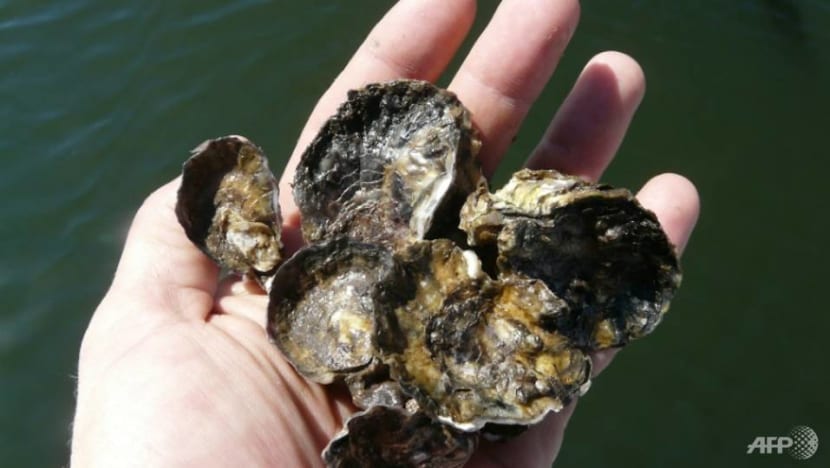
Virtually all of Australia's shellfish reefs have disappeared, making them the country's most threatened ocean ecosystem, scientists say. (Photo: AFP/Ben DIGGLES)
WASHINGTON: Ocean acidification, a change in the ocean’s chemistry, is increasingly posing a threat to ocean health.
While this change may be invisible, its effects are not. It is creating conditions that threaten a range of marine species and ecosystems, and thus the economies of coastal communities. All life on earth would eventually be affected as an increasingly warm and acidic ocean produces less oxygen.
There is therefore an urgent need to build resilience against ocean acidification to protect the marine biodiversity on which we depend on for food, development and recreation.
ACIDIC OCEAN
The ocean, which historically had a background pH of 8.2 has grown 25 per cent more acidic over the last two centuries.
The growth of carbon emissions since the Industrial Revolution has been directly tied to this trend known as ocean acidification. Carbon dioxide emitted into the atmosphere is absorbed by the ocean, increasing its acidity level.
Ocean acidification threatens the economic, social, and cultural health of all nations that depend on healthy fisheries, coral reefs, kelp forests, and coastal tourism. It also poses a risk to ecosystem integrity, food security, trade and commerce, tourism and infrastructure, and other human needs.
READ: World's oceans are heating up at a quickening pace: Study
Ocean acidification is expected to globally cost US$1 trillion per year in financial losses stemming from food web disturbances, mortality of commercially valuable species, loss of coastal protection provided by coral reefs, and the disruption of other ecosystem services by the year 2100.
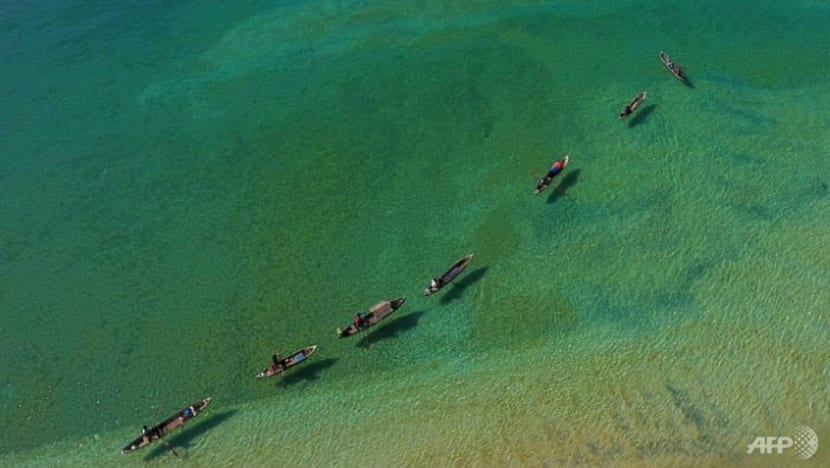
MARINE LIFE DYING EARLY
Most ocean life evolved within a relatively narrow band of variations in ocean temperature, chemistry and depth. As the ocean becomes more acidic, a number of marine species and processes are affected.
Shellfish, corals, snails and other species that rely on calcium carbonate to build their shells are unable to build these structures and may even begin to dissolve.
The shellfish industry in the US Pacific Northwest has had to implement strategies to reduce the significant mortality of juvenile shellfish.
READ: Rising temperatures will make Southeast Asian economies sweat, a commentary
Of greater concern globally, ocean acidification causes deformities and mortality in sea butterflies (pteropods), the small creatures that form the basis of the whole food web in the ocean. Even a relatively small regional loss of pteropods affects all marine life.
Ocean acidification has also been shown to alter fish behaviour and cause mortality at early life stages in fish.
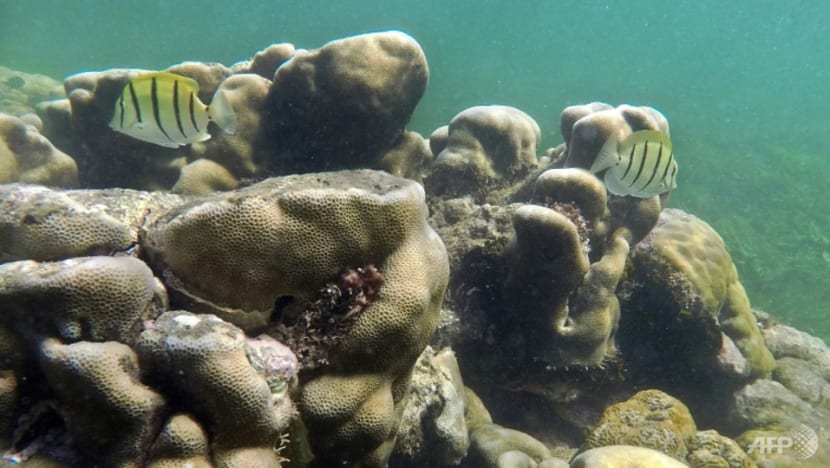
Some reef, and fin fish, such as the pacific salmon, are observed to be unable to differentiate between prey and predator chemical signals, causing them to swim towards rather than away from danger.
UNDERSTANDING HOW THE OCEAN IS CHANGING
Let us be clear that the effects of ocean acidification can only be truly mitigated by reducing greenhouse gas emissions, reducing polluted runoff from the land, and restoring both global fisheries and the supporting coastal habitats such as mangroves, seagrass meadows, and coastal marshes - all of which is costly even if they provide huge benefits.
READ: Climate change needs better storytelling to address severe threats, a commentary
But we cannot take action without fully understanding how and where ocean chemistry is changing. Change in ocean chemistry differs geographically, temporally and seasonally. Ocean pH also varies regionally and locally.
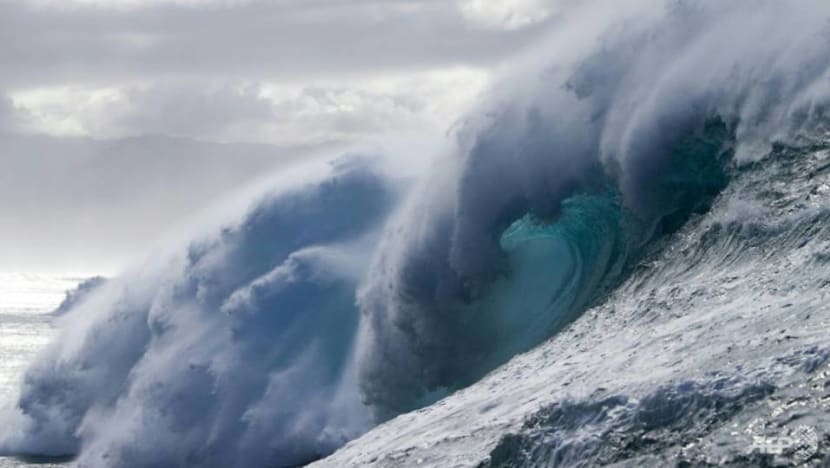
We need to begin with knowing how to monitor, monitoring, and sharing that data in standardised ways to understand regional and global trends. From there, data can be analysed and used to inform a response.
Understanding ocean acidification at a global scale is still relatively new.
A Global Ocean Acidification Observing Network established in 2012 has helped to establish a common set of standards for the global scientific community’s monitoring and sharing of data, even as it educated and engaged the community in understanding the potential effects of ocean acidification.
It has grown since to a network of over 500 scientists from 83 countries as of 2018, to support and expand the capacity of scientists and their home countries to address the challenges presented by ocean acidification.
The Ocean Foundation (TOF), in partnership with the Global Ocean Acidification Observing Network and many others, established the International Ocean Acidification Initiative to further one goal listed in the United Nations’ Sustainable Development Goals that calls on countries to “conserve and sustainably use the oceans, seas and marine resources for sustainable development”.
More specifically, the foundation is focusing on a target to minimise and address the effects of ocean acidification through enhanced scientific and policy response cooperation at all levels.
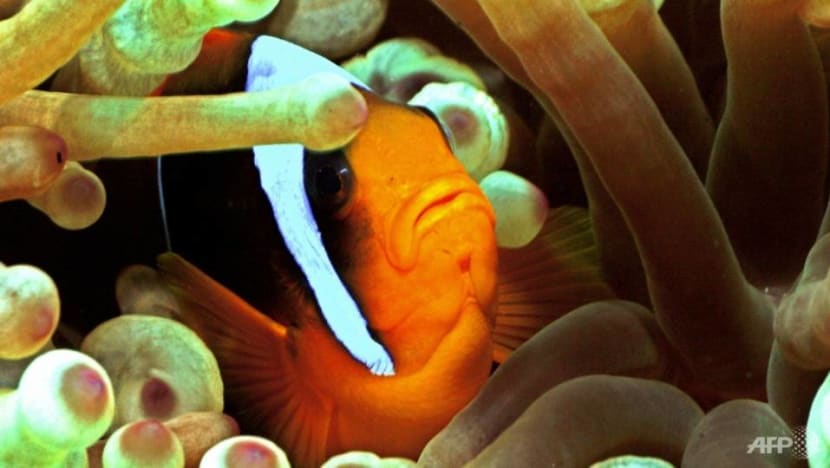
COLLECTING OCEAN DATA
Although there is an internationally established methodology and standards, the trouble lies in getting countries to collate the necessary data.
TOF, which first began facilitating ocean acidification policy development in the United States, is helping countries in implementing the methodology, and advancing similar initiatives regarding effective measures to tackle ocean acidification around the world.
The foundation has created an aggregation of best practices for legislative approaches by policymakers, who through workshop participation, learn the potential ecological, social and economic impacts of ocean acidification on their specific countries, explore the policy solutions that have been successfully implemented elsewhere, and develop specific policy actions tailored to the needs of their own communities.
In Fiji, we have also trained entry and mid-career scientists from many Pacific Island Nations to measure, monitor and understand the effects of ocean acidification. They were provided with field and lab kits to do so, and to report their data to the global network.
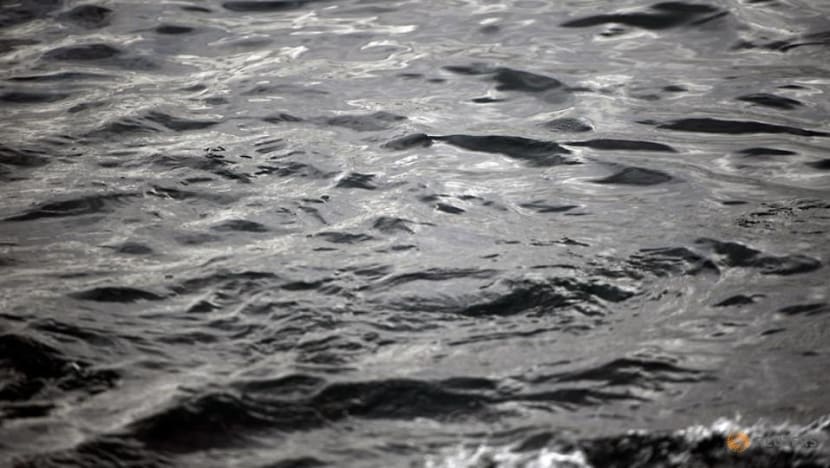
The kit includes a pH sensor, a laptop to gather and upload the data, and the field and lab equipment and chemicals to confirm or verify findings. This training was done in previous years in Africa, and in 2019, will include countries from the Caribbean and Latin America.
Trained Fijian scientists are now able to measure ocean chemistry, and will be researching the effects of ocean acidification on ecologically and commercially important species, using methods that adhere to international standards.
All of this work is still in its early stages, with many countries just developing the capacity to understand what is happening in national waters as a result of excess carbon emissions.
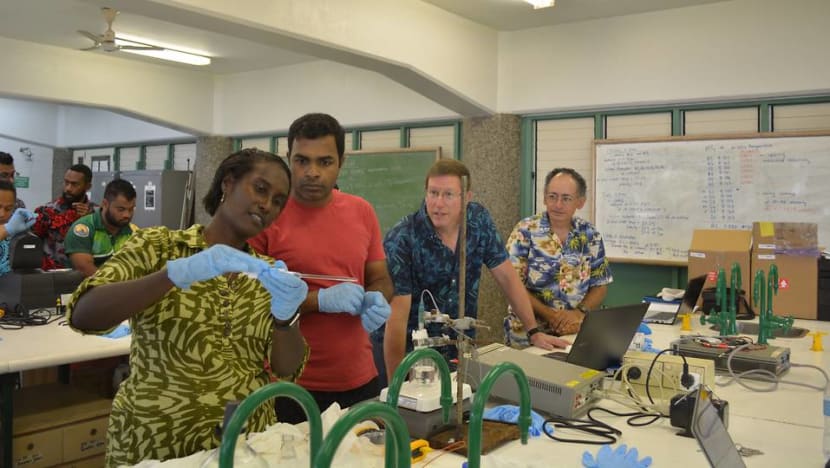
INCREASING REGIONAL CAPACITY
ASEAN countries, representing more than 630 million people, can increase their own capacity to monitor and respond to ocean acidification to meet UN goals and the needs of shellfish farmers, artisanal fishers and dive tourism operations.
As a lead in to this, a UNESCO training in Phuket, Thailand in 2016, featured expert discussions and practical demonstrations aimed at reviewing and testing a set of consistent, comparable and cost-effective standard operating procedures that could be used to monitor the ecological impacts of ocean acidification on coral reef ecosystems.
Singapore, as a maritime nation, too can be a force against this threat. In July 2016, Singapore launched its Climate Action Plan, recognising climate change’s destructive effects. The Singapore Permanent Mission to the United Nations also highlighted that:
Climate change is one of the greatest challenges of our time. Its harmful effects, such as ocean warming, ocean acidification as well as consequent impacts such as sea level rise, cannot be overstated, especially where small island developing States such as ours are concerned.
It is our hope that other countries will become part of a Pacific-wide effort to protect their coastal communities and nearshore waters to the extent possible from the effects of changing ocean chemistry.
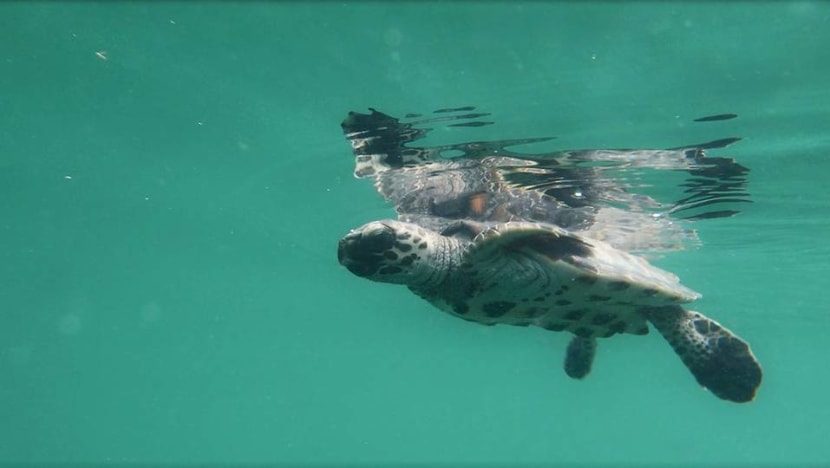
READ: Climate talks pass baton in race to stop global warming
Restoring coastal ecosystems is a necessary strategy for better ocean health and can begin even before the nature of chemistry change in national waters is fully understood.
Mangroves, seagrass meadows and coastal marshes support healthy fisheries and coral reef system — which in turn support economic activities. This can be a win for the ocean and for all of us.
Mark J Spalding is President of The Ocean Foundation and member of the Ocean Studies Board of the National Academies of Sciences, Engineering, and Medicine. He is serving on the Sargasso Sea Commission. Mark is also a Senior Fellow at the Centre for the Blue Economy, at the Middlebury Institute of International Studies.














